Throwback Thursday: You NEED more science in your politics
Keep politics out of science? Of course. But think what we could achieve with more science in our politics.
“One of my favorite philosophical tenets is that people will agree with you only if they already agree with you. You do not change people’s minds.”
–Frank Zappa
One of the most difficult things to talk about, for any self-respecting scientist, is politics. Like all of you, I have my preferences, my opinions, and my vision for what a better world would look like. I’m also well aware that if I talked about all of them, there probably wouldn’t be a single one of you out there who agreed with everything I had to say.
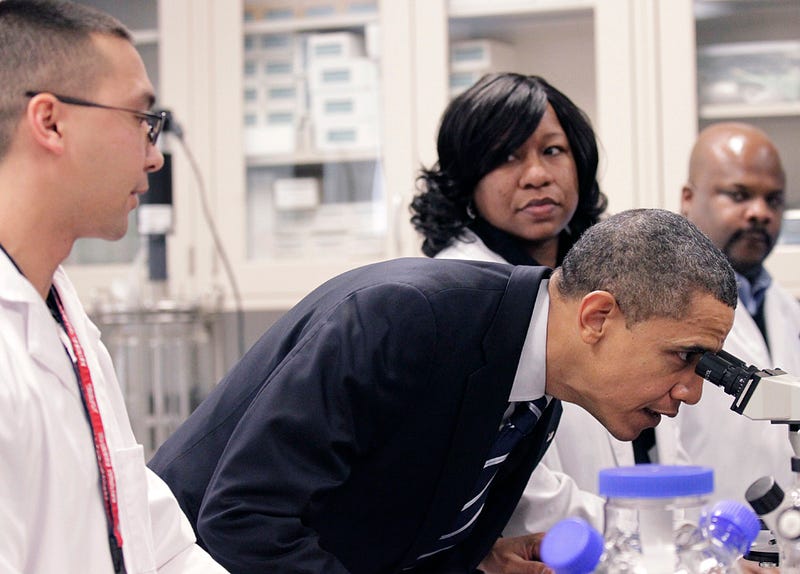
And it would be completely unreasonable to expect you to. After all, our politics are informed by our experiences, our ideals, and the limited amount of information we have at our disposal.
Think about that last part for a moment. Limited amount of information. That’s all any of us have, and at that, most of us aren’t even experts on the particular issue we hold such strong opinions about. But there are people out there with more information than you on pretty much every topic, political or otherwise. When it comes to those topics, if your political opinions aren’t informed by not merely an expert, but by the consensus of experts in that field, then your politics cannot be said to be based in science.
And that’s what I want you to consider today.

I like to fancy myself an above-average adult as far as being informed in general goes; perhaps that’s something you and I have in common? In particular, I really consider myself well-informed about a plethora of aspects concerning science, health, and the environment.
But the reality is that — with the sole exception of physics, astronomy, and cosmology in particular — I am simply nothing more than a somewhat informed non-professional. Because you know what I am (and am not) an expert in, you might lend more credence to my opinions on spaceflight, on superconductivity, or on variable stars than you would to 99% of people, and that’s reasonable, I suppose.
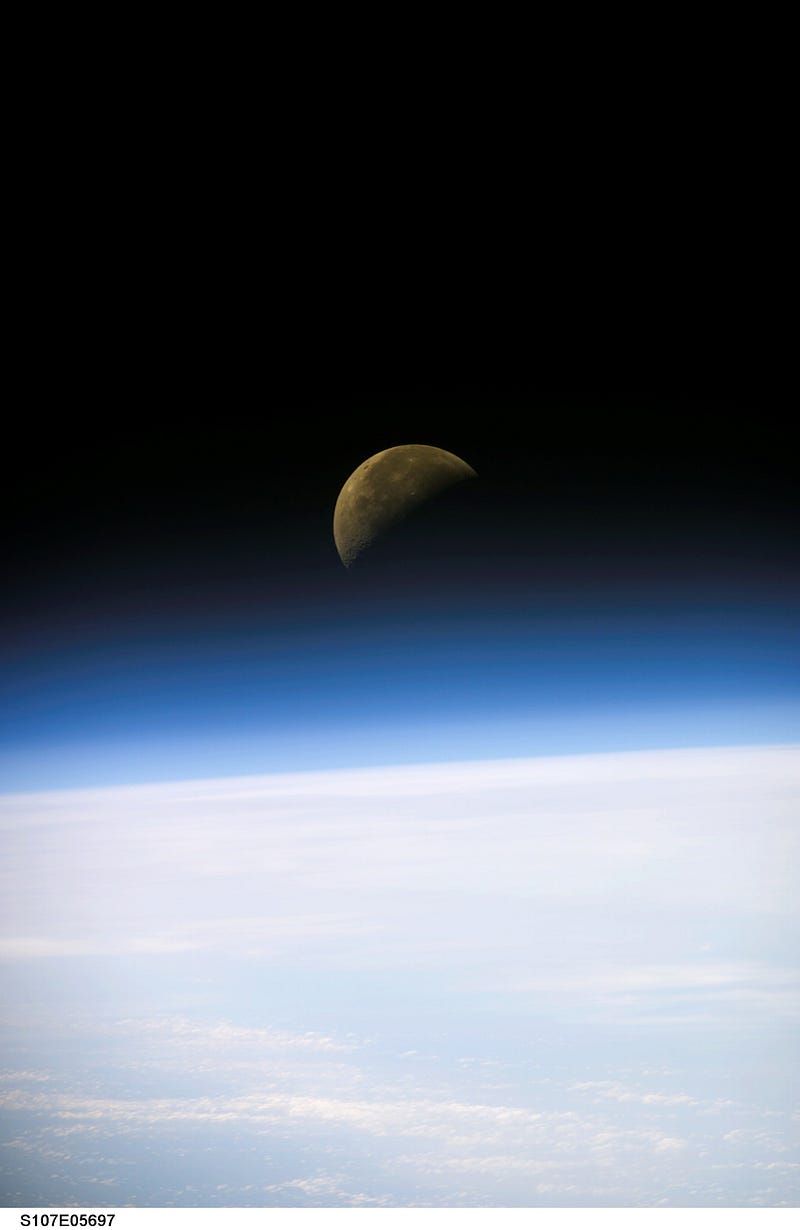
But those sub-fields of astronomy and physics are not my true area of expertise; there are likely thousands if not tens of thousands of people worldwide who have more (and better) information than I do about each one of those topics.
But when it comes to spaceflight, superconductivity or variable stars, you might still trust what I have to say anyway.
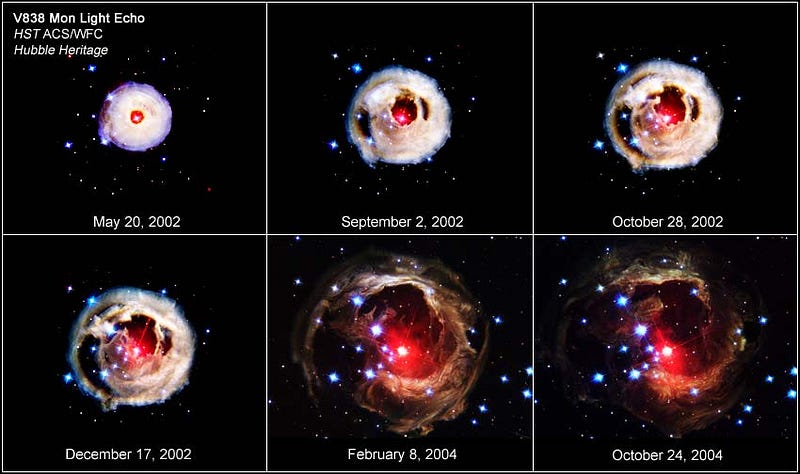
Why?
It shouldn’t be because you think that I know better than the thousands or tens of thousands of people whose expertise lies in those particular sub-fields. I don’t. You should consider me to be a trustworthy source of information because you think that:
- I know enough to understand the details of what’s going on, how it’s happening, and I’ll be able to break it down in an understandable way for you, but also because
- You trust that I’m going to inform myself as to what the scientific consensus is on an issue, and that’s what I’ll present to you as a scientific truth, to the best of our present understanding.
Now you lucked out if you chose me to do this for science in general (and astronomy and physics in particular), because that’s what I strive to do always. But why is it, then, that we don’t demand that same level of rigor — when it’s available — when it comes to all of our information?
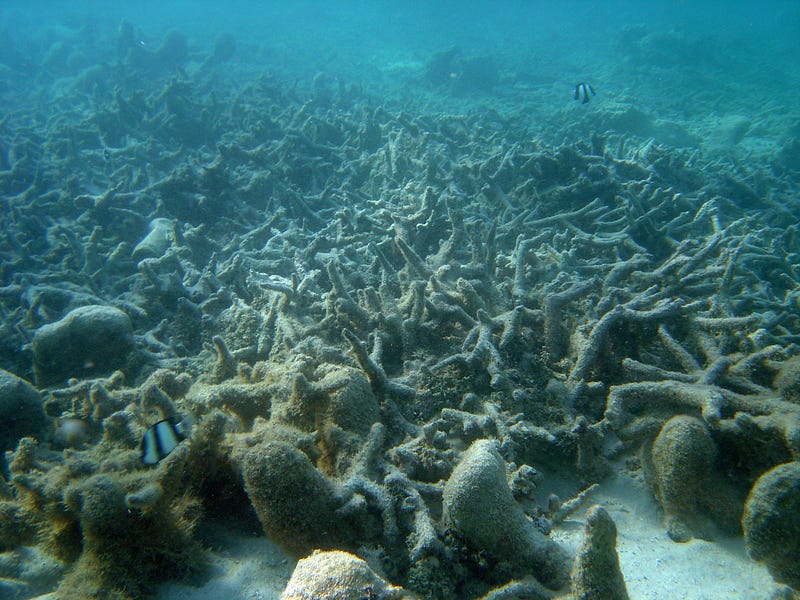
If we’re talking about an environmental issue such as the acidification of the oceans, why wouldn’t you immediately wonder what the scientific consensus among marine biologists or NOAA was? You wouldn’t trust just one marine biologist or one NOAA scientist; you would want the professional opinion of every qualified expert, and you’d want the information the overwhelming majority of them agreed upon presented to you as scientific facts. Right?
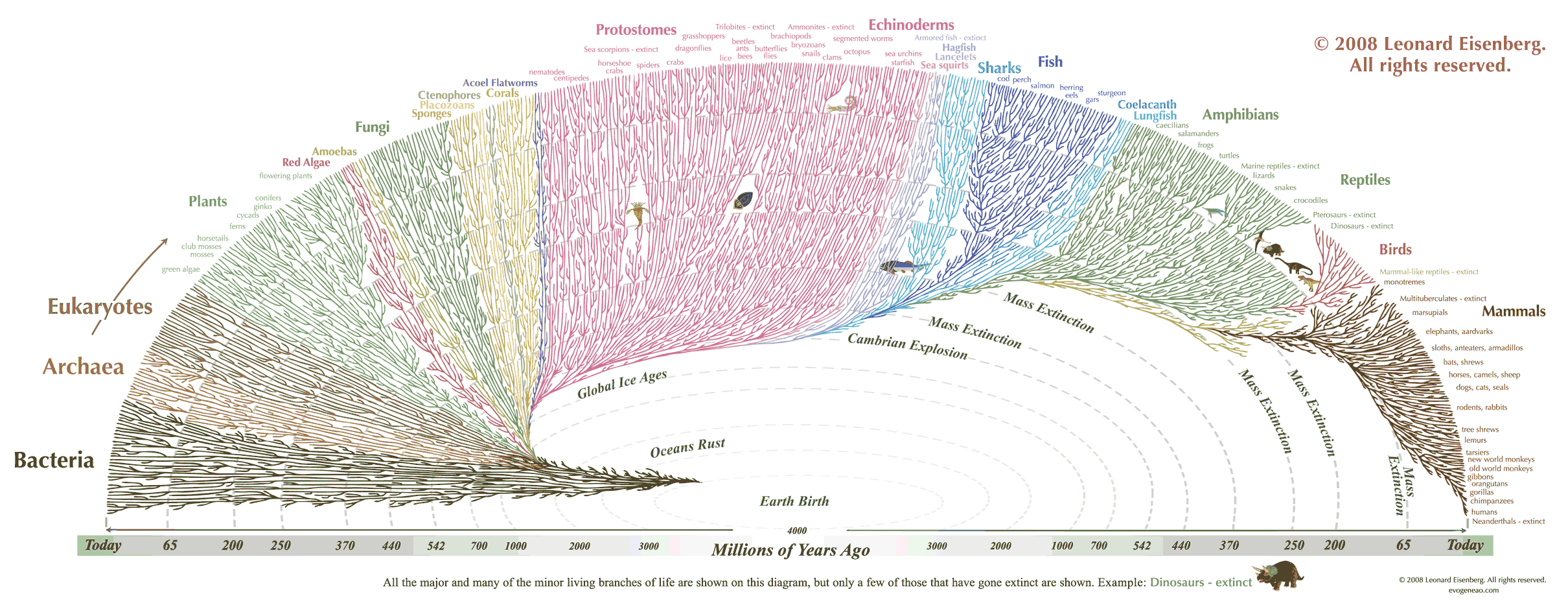
That same thing should be true if we’re talking about the theory of evolution. Would you trust anyone’s opinion over the consensus of evolutionary biologists? (Hopefully not!)
And if we’re talking about the origin of the stars, planets, and galaxies or the birth of the Universe itself, why would you dream of trusting anyone other than theoretical cosmologists, the people who study this in gory detail for a living? (Which is what I am an expert in, by the way.)
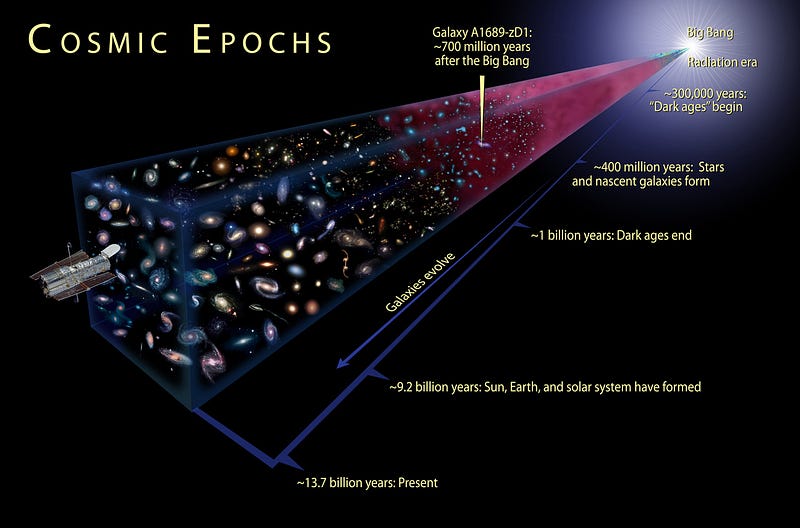
Yes, there are some people who don’t do this, who don’t look to the professional opinions of those with expert-level information. Their reasons are varied (and often based on the presumption of vast conspiracies), but the vast majority of you know that if you want accurate information, you need to know what the science behind the issues says.
So if you mean to inform yourself about scientific truths, you need to go to the body of scientists who study that particular question or field as their area of expertise. And you don’t want to just pick out a handful of fringe scientists who disagree with the consensus; if there is a consensus, that’s what you go with. If the consensus model turns out to be wrong, incomplete, or otherwise inaccurate, science will be the process that figures it out.
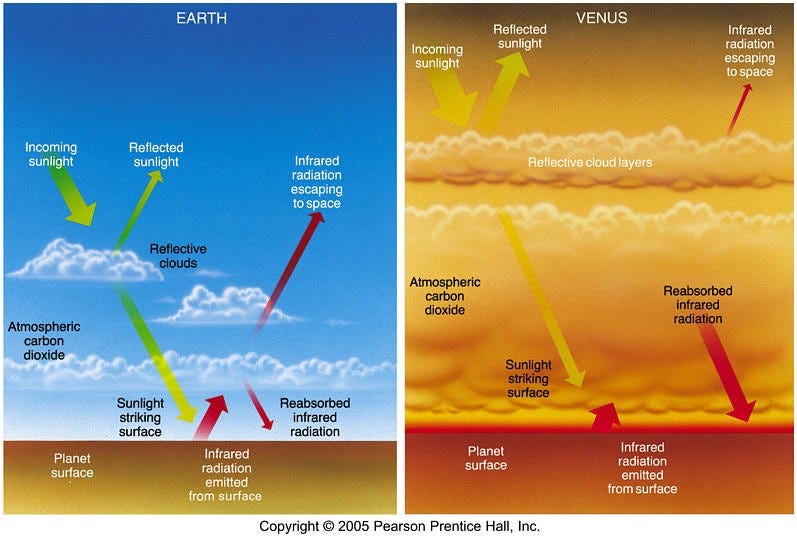
So we want to go with the best science that we know when it comes to making informed policy decisions, right?
If we want a better society, we can’t pick-and-choose when we do this. We should be listening to the science even when it offends our sensibilities or preconceptions. And — as I’ve learned the hard way — science does this all the time.
But it isn’t only the hard sciences that do this; so do health and medicine.
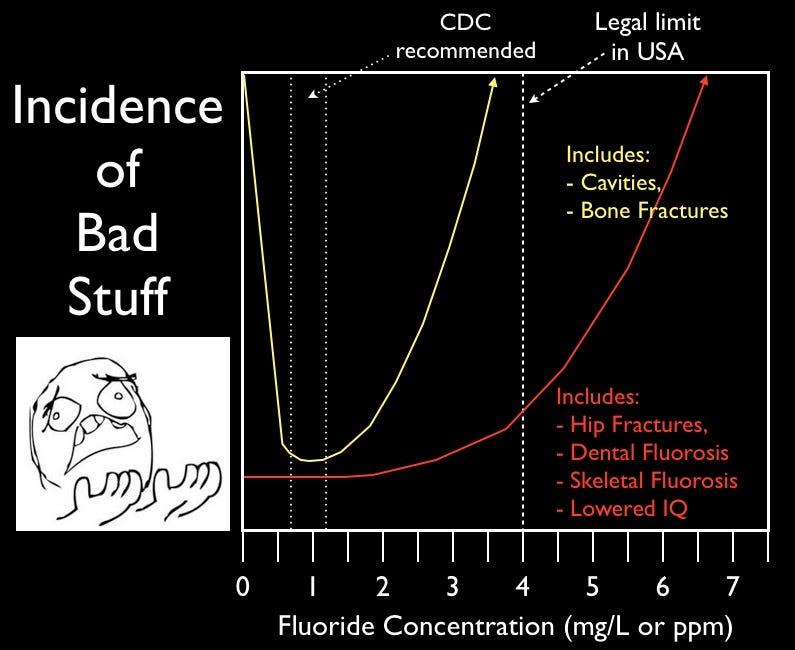
I was disappointed, but not surprised, when I did my own research into the fluoridation of drinking water and its effect on both dental and medical health, to find that fluoridation is safe and effective, and yet not only did my city fail to fluoridate our drinking water last year, we failed by more than a 3-2 margin in voting. What’s worse is that today, the vast majority of residents are proud of that decision, and yet no new measures have been undertaken to improve our city’s dental health.
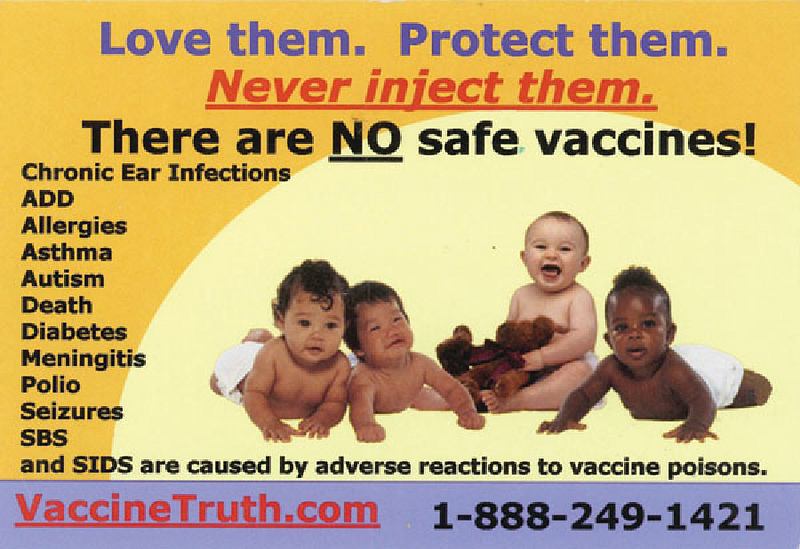
But dental health is hardly the only issue we hold strong opinions about where significant public opinion often runs directly contrary to the science.
Here’s the thing that I don’t get. I talked to a doctor I knew and trusted once, someone who was a practicing M.D. for more than 30 years. Over that time, this doctor had seen thousands upon thousands of patients, and kept up impeccably with the latest research and developments in the field. “How can I apply the latest findings to my practice” was a question this professional often asked. And while keeping up with the literature, sometimes there were articles or studies that suggested that the recommendations of the CDC — the Center for Disease Control — might not be the optimal recommendations.
Sometimes those recommendations did actually change over time, most of the time they didn’t. I asked this doctor if he ever recommended anything contrary to the CDC’s recommendation for patients in general, and he got very serious. Under no circumstances, he said, was he or any other M.D. he knew qualified to even be a member of the CDC, much less challenge their recommendations. He explained to me what it took to become one of the professionals involved with the CDC, and how that would be a lifetime’s worth of work in and of itself, and that wasn’t how he chose to spend his life. But there were thousands of people who did, and making the CDC recommendations was their job, and they did it well. They were the experts, not him. Furthermore, he said, any doctor who didn’t follow the CDC’s recommendations was a doctor who simply wasn’t doing a good job, and if I cared at all about my own health, public health, and following medicine’s best practices, I would never frequent or recommend a doctor who held otherwise.

Now, that doesn’t mean that science and scientific truths should be the only consideration when it comes to crafting policy. The Earth is getting warmer, the climate is changing, and humans are the cause: these are scientific truths. But that doesn’t mean that Al Gore’s cap-and-trade is the best policy, or even a legitimate solution; it just means that any sound policy must own up to these being the scientific facts.
GMOs are a safe technique for modifying crops that we eat for food, but that doesn’t mean that our agricultural system and laws, and the business and farming practices associated with them are all fine as they are. It simply means that making a blanket statement that GMOs are bad, unsafe or dangerous to human health isn’t supported by scientific facts. And vaccinations are not 100% safe, but as far as we understand public health, everyone who doesn’t have/need a medical exemption should receive the full CDC schedule of vaccines on time; this practice saves literally tens of thousands of lives per year, and religious/personal-choice exemptions kill people, period.
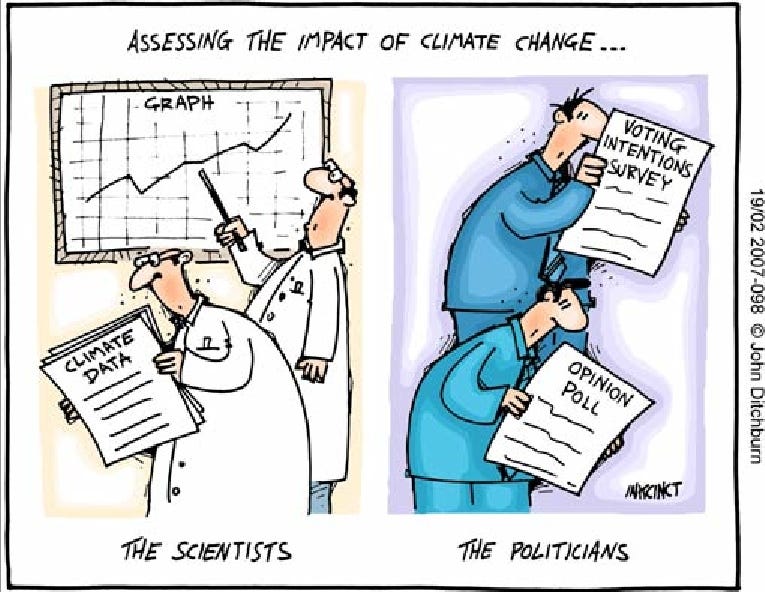
We all have ideas for how to make the world better, but no one ever made the world better by ignoring the scientific facts that inform it. Because as science learns and as better and more fundamental scientific truths are revealed, we increase our understanding of the world and Universe around us, along with the world’s effects on us and our effects on the world.
I want that information, understanding and scientific knowledge incorporated into my society’s policies. And so should you. So should we all.
Weigh in at the Starts With A Bang forum on Scienceblogs!





